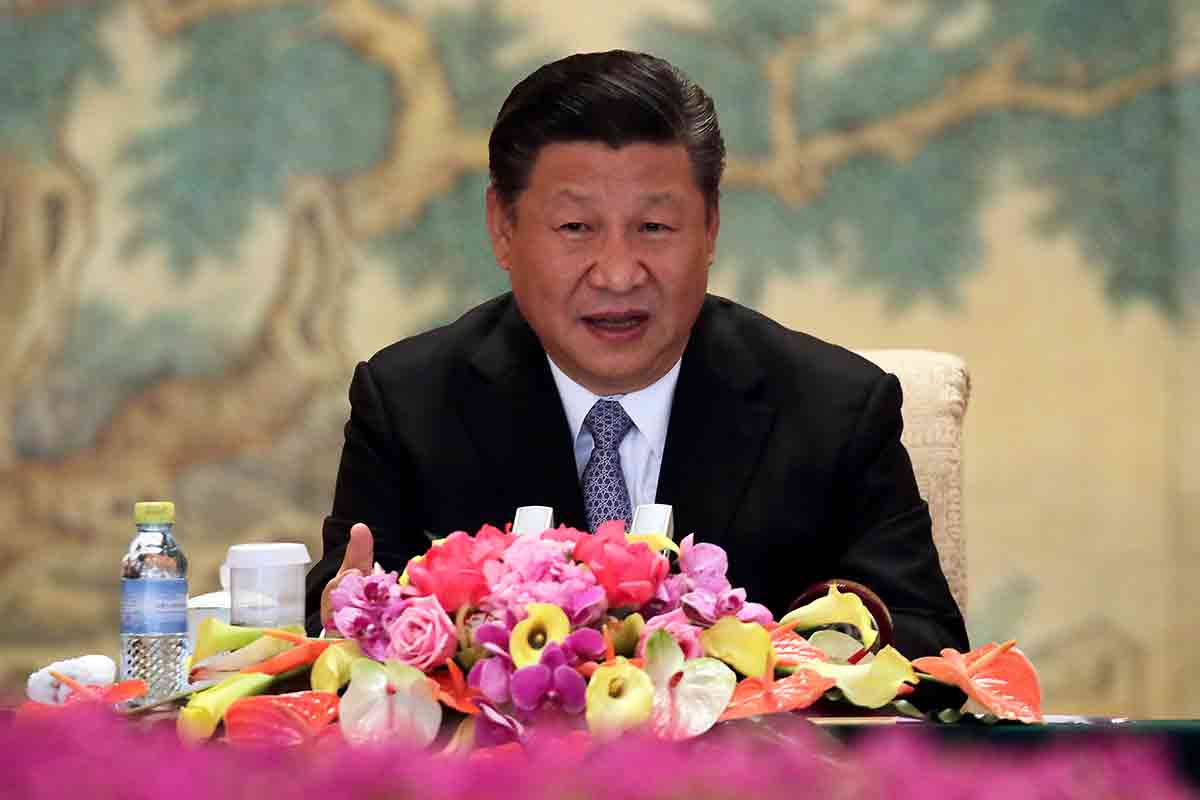China is the largest trading nation in the world and was the fastest growing economy for 30 years until 2015. Like Rome, China wasn’t built in a day. It took the sweat, toil and blood of its citizens – from the failures of a Maoist Cultural Revolution to the widescale economic reforms of Deng Xiaoping – to raise the country to where it stands today.
In its final push towards global dominance, one figure has played a central role in fulfilling the oft touted “Rise of the Dragon” – its current President, Xi Jinping.
Born on 15 June 1953, into the family of a renowned Chinese Communist Party (CCP) leader, Xi Jinping was considered by many to be a “princeling” – someone who was destined to rise to power on the back of his family’s connections. However, when his father was purged from power in 1962, Xi’s fortunes took a downturn as he was sent to a remote village do manual farming labour.
Nevertheless, he never let that experience taint his views nor did he let it dampen his spirits to join the CCP – the very party that imprisoned his father. Despite the failure of Mao’s Cultural Revolution, Xi grew more pragmatic and emerged from that experience with a sense of idealism.
In 1974, he was accepted into the CCP after nine unsuccessful attempts at joining and rose steadily through its ranks in the coming decades. In 1987, he married folk singer Peng Liyuan – his second marriage after his first one ended in divorce a few years earlier. Peng who was also an army general of the People’s Liberation Army (PLA) would go on to play a critical role in enhancing China’s soft power alongside Xi when the latter became President – unlike her predecessors who mostly kept a low profile.
Xi’s rise to political stardom received a boost in 2007 when he replaced the party secretary in Shanghai after a pension-fund scandal rocked the previous party leadership there. Having been given a top leadership position in one of China’s biggest cities, Xi was determined to restore Shanghai’s financial image and to erase any negative effects from the prior scandal.

Source: Various sources
As a result of his good work, Xi was appointed to the nine-member CCP Politburo Standing Committee which consisted of the party’s top leadership. He was elected as Vice President and slated to be next in line to replace Hu Jintao as China’s next President. As Vice President, Xi was in charge of preparations for the 2008 summer Olympic Games in Beijing.
Later that year, he was elected as general secretary of the CCP and in his first speech, spoke more like a Western politician – a break from the tradition of other Chinese leaders. Xi articulated the aspirations of regular Chinese people, the need for better wages, jobs, education and a social security safety net. He also vowed to tackle corruption within the highest government ranks and promised a better overall environment in China.
His vision for the country – which would play a central role in his tenure as President – was referred to as the “Chinese Dream” which seeks to rejuvenate the Chinese nation. In 2013, Xi completed his ascent of China’s political leadership ladder when he was elected President by an overwhelming majority at the 12th National People's Congress in Beijing.
Under Xi’s leadership, a modern Silk Road – dubbed the Belt and Road Initiative (BRI) – is set to catapult China towards a new age of global supremacy. The ancient Silk Road as it is commonly known, was at the heart of Chinese dominance until the mid-1450s.
Thus far, his actions are indicative that he intends to see out his vision for Chinese supremacy. The removal of presidential term limits, excessive self-propaganda and the purge of corrupt officials are just some of the signals of Xi’s intent.
The ultimate litmus test for Xi now is the current United States-China trade war – of which both sides show no signs of backing down from. If he comes off the winner – or even slightly better off – one can be sure that it would only add more fuel to the country’s explosive rise to global supremacy.
